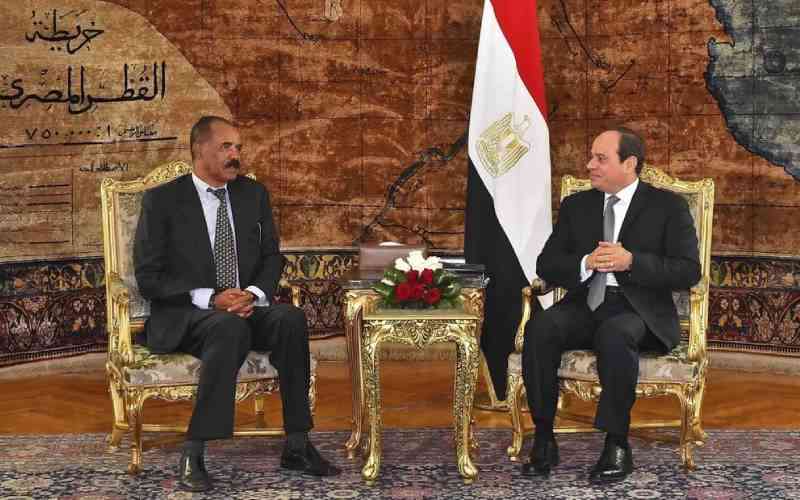×
The Standard e-Paper
Kenya’s Boldest Voice

Getting news out of Eritrea is exceptionally difficult: it is - according to Reporters Without Borders - among the most difficult places in the world from which to report.
But in recent weeks news of the scale of the drive to recruit young (and not so young) men and women to be deployed in the war in the neighbouring Ethiopian region of Tigray has become apparent.